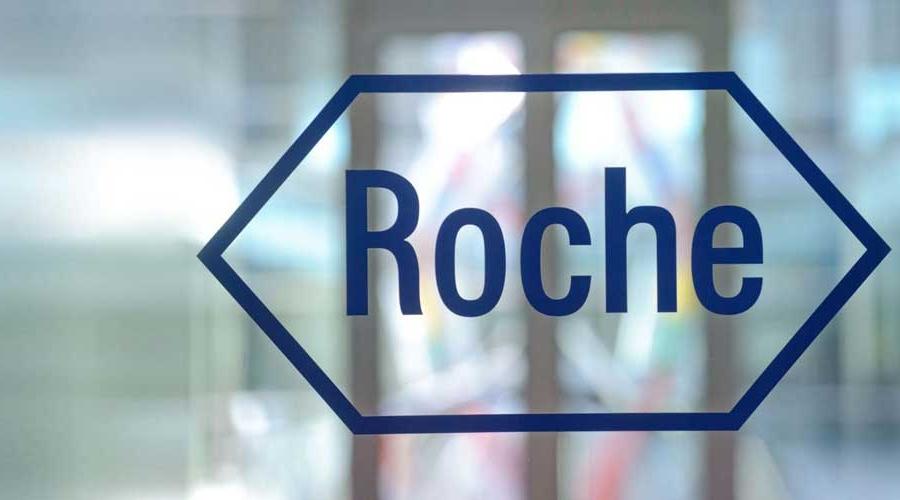Roche's crovalimab matches Soliris in PNH, with fewer doses

Roche is preparing regulatory filings for its crovalimab antibody for rare disease paroxysmal nocturnal haemoglobinuria (PNH), after a phase 3 trial showed the drug was as effective as AstraZeneca/Alexion's Soliris, with less frequent dosing.
The results of the COMMODORE 2 study showed that crovalimab was as effective as Soliris (eculizumab) in controlling the destruction of red blood cells (haemolysis) that characterises PNH, and avoiding the need for blood transfusions.
Both drugs are complement C5 inhibitors, but crovalimab only needs to be dosed by subcutaneous injection once a month, so could potentially be delivered ay home, while Soliris requires an intravenous infusion and clinic visit every two weeks.
COMMODORE 2 enrolled patients who had not previously been treated with complement inhibitors, but Roche also has results from a sister trial (COMMODORE 1) in people with PNH switching from currently approved C5 inhibitors to crovalimab, which it said "supported the favourable benefit-risk profile of crovalimab".
It has also completed a Chinese study of the antibody – COMMODORE 3 – which generated positive results and has already been used to support a regulatory filing in China.
The positive outcome for the programme is a boost for Roche, which has been going through a patchy period for its late-stage R&D pipeline, with a string of disappointing readouts in the last 12 months, including trials of Alzheimer's drugs crenezumab and gantenerumab, breast cancer therapy giredestrant, and TIGIT inhibitor tiragolumab.
The question is whether the added convenience offered by crovalimab will be enough to carve out a niche for the drug in the increasingly crowded PNH market. AZ is working hard to build a market for Soliris follow-up Ultomiris (ravulizumab), which is longer-acting and is infused every eight weeks after a loading phase.
Ultomiris made almost $1.4 billion in sales in the first nine months of 2022, closing the gap with Soliris, which brought in $2.9 billion, but is due to lose patent protection in 2025, opening the door to biosimilar competition.
Meanwhile, additional competition is looming in PNH from Novartis' orally-active drug iptacopan, a daily-dosed targeted factor B inhibitor that was recently shown to be more effective than either Soliris or Ultomiris in PNH patients still experiencing residual anaemia, despite treatment with the anti-C5 antibodies.
Analysts at Jefferies have previously said that iptacopan could hit $3.6 billion in peak annual sales if it gets approved for PNH and other potential uses, including atypical haemolytic uraemic syndrome (aHUS) and rare kidney diseases C3 glomerulopathy (C3G) and idiopathic membranous nephropathy (IMN).
In the switch setting, crovalimab will also have to contend with Apellis Pharma/Sobi's complement C3 inhibitor Empaveli/Aspaveli (pegcetacoplan), approved in 2021, while AZ is also developing a pair of oral factor D inhibitors, danicopan and vemircopan, which have reached phase 2 for PNH.












